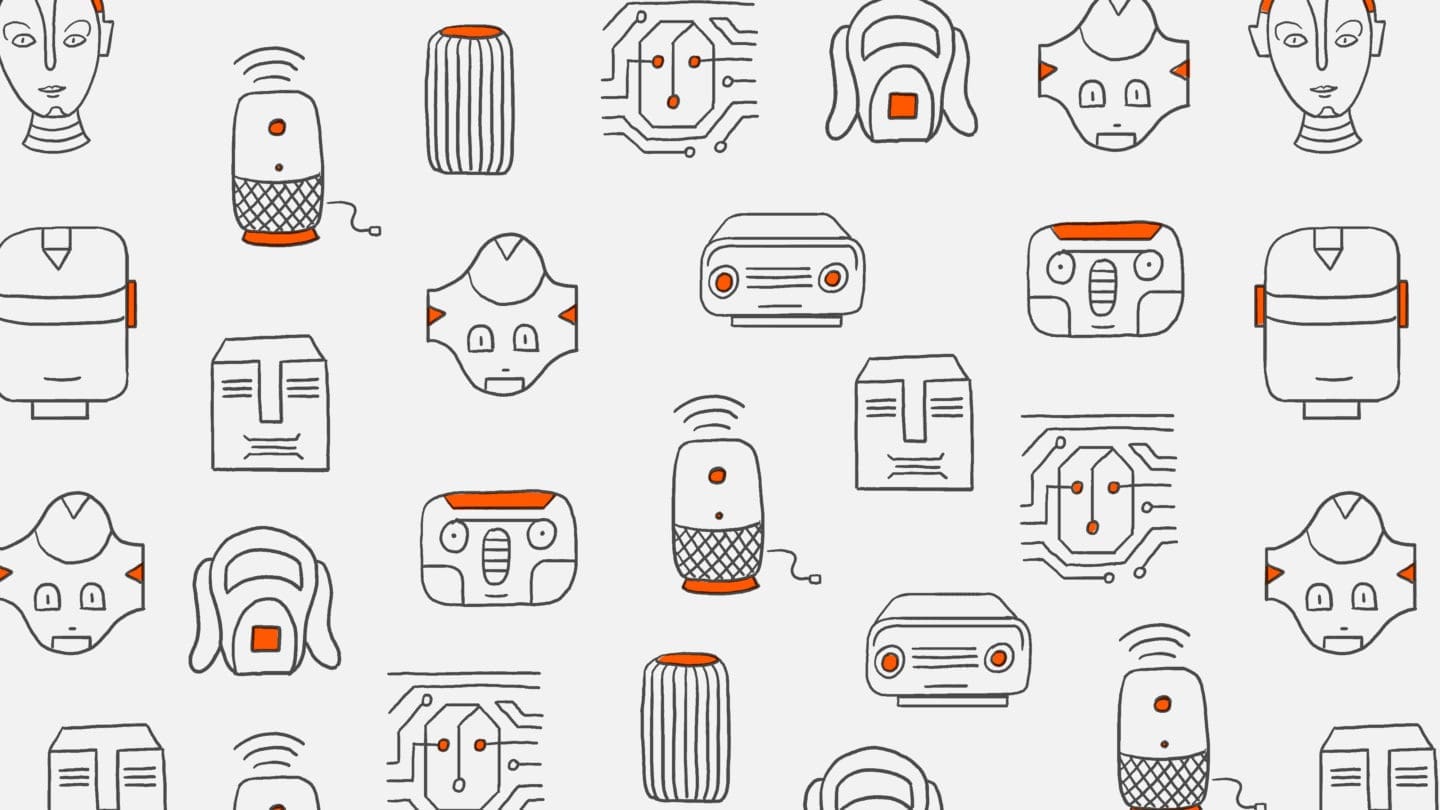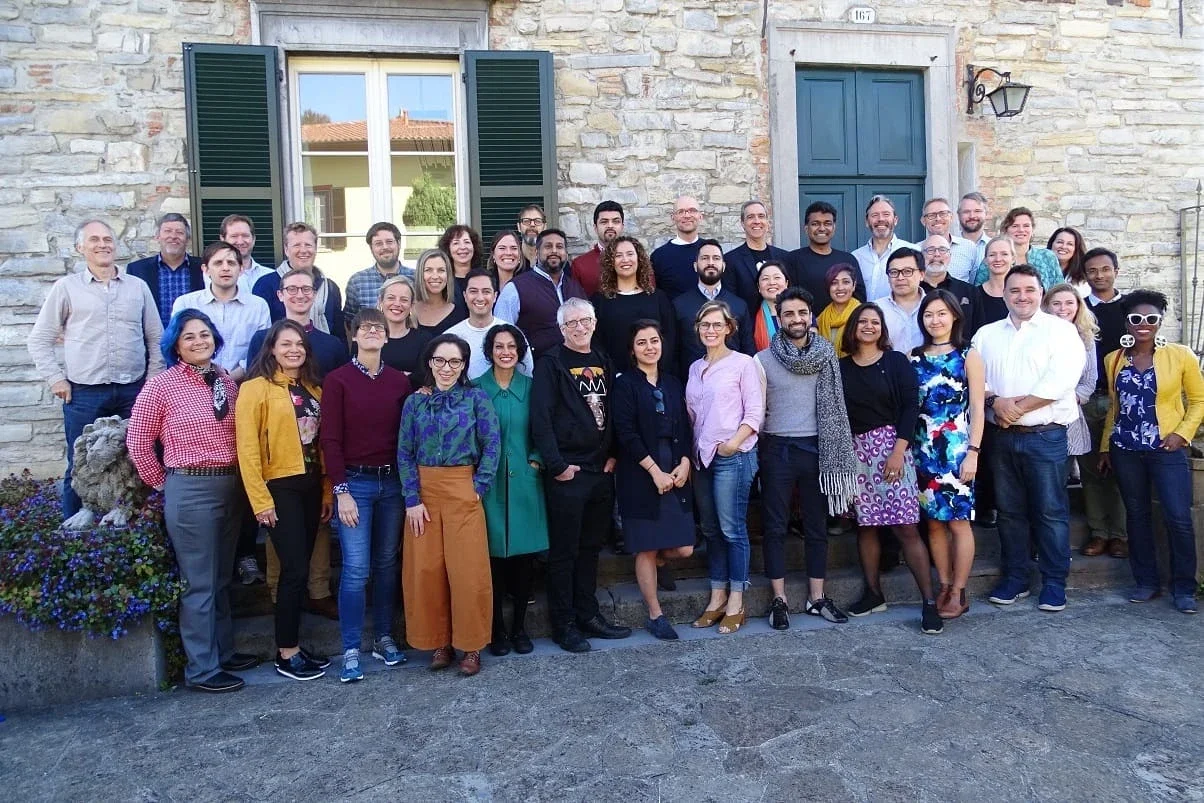If “intelligence” helps us solve problems, we need as much as we can get right now. The Covid-19 virus, having killed over 500,000 people in just six months is also sparking a cascade of economic and social disruptions. And it’s only July.
We benefit from intelligence when it helps us find a vaccine. But we also suffer from intelligence when it uses the crisis to advance polarized political goals. In each case, there is a blend of human and artificial intelligence at work. The crisis is accelerating the integration of AI in every aspect of our lives. How we manage AI’s role in addressing the crisis and managing our recovery will define our next era.
As we reimagine a way forward, The Rockefeller Foundation is betting that AI will help rebalance and reset the future in a way that addresses current inequities. To realize that outcome, we must develop a regulatory framework to ensure its responsible use.
By regulatory framework, we don’t necessarily mean more regulation. And we don’t mean just trying to figure out the right rules. We mean that we need to reimagine an entire new rule-making system that guides AI towards society’s goals instead of our current de facto rule-making system that guides AI towards the market’s goals.
Last fall, we convened a unique group of technologists, philosophers, economists, lawyers, artists, and philanthropists at our Bellagio Center in Italy to explore how AI can be harnessed to create a better future for humanity.
From left to right. Top row: Tim O’Reilly, Richard Whitt, John Irons, Fred Dust, Tim Davies, Claudia Jeuch, Meredith Kellner, Stefaan Verhulst, Tariq Khokhar, Tobias Rees, Dan Huttenlocher, Zia Khan, Eric Nonacs, Nils Gilman, Danil Mikhailov, Mariana Mazzucato, Erin Lacey. Middle Row: Noah Levenson, Jake Porway, Rowan Conway, Sarah Newman, Hunter Goldman, Vilas Dhar, Meredith Broussard, Ronaldo Lemos, Christine Foster, Rumman Chowdhury, Jonathan Wong, Mark Surman, Marietje Schaake, Anjan Sundaram. Lower Row: Serife Wong, Heather Mason, Mary Gray, Katarzyna Szymielewicz, Payal Arora, Denis Therien, Roya Pakzad, Jen Pahlka, Amir Baradaran, Maya Indira Ganesh, Dahlia Peterson, Andrew Zolli, Camille Francois, Joy Buolomwini
As a result of this meeting, we are sharing the launch of AI+1: Shaping Our Integrated Future, a collection of thoughts, ideas, and calls to action on artificial intelligence, written by some of the world’s most promising minds in the field. It’s not a technical report about AI, but rather a set of insights about how AI will weave into the fabric of our lives, our institutions, and our societies.
The report doesn’t attempt to simplify a list of the “top 5 things we need to do.” That wouldn’t do justice to the nuance and depth of the issues we face today. Every time we shared a draft with someone, we were surprised at what new ideas it stimulated for people.
As we discussed and debated the ideas and wove them together with many other partnerships and conversations, we landed on the importance of AI governance. There is a growing industry promoting AI principles, ethical guidelines, and calls to action. But if we want AI to be a force for good, particularly for people who will otherwise miss out on the benefits and bear the brunt of its potential harms, we need to create a system that guides the responsible development of AI and its usage in a growing number of applications. Some of the insights you’ll see in the report include:
The human CEOs of companies are nominally governed by their human boards of directors, but in truth, they are governed by something called ‘the market’—a vast, reflexive algorithmic system in which companies are relentlessly tasked to optimize for growth and profits, even if human values must be ignored.
Tim O’ReillyFounder of O’Reilly MediaThis shift to private and opaque governance that lets company code set standards and regulate essential services is one of the most significant consequences of the increased use of AI systems.
Marietje SchaakeInternational Policy Director of the Cyber Policy Center at StanfordRather than deploying AI solely for efficient economic production, what if we decide to unleash its potential for the achievement of human well-being and self-expression?
Andrew ZolliVP of Impact Initiatives at PlanetResponsible AI is impossible without responsible systems.
Jake PorwayFounder and CEO of DataKind
I, along with the authors of this report, couldn’t have imagined how deeply relevant our discussions would become a few months later when the world woke up to a global pandemic followed by the urgent need for digital technologies and systems to address it.
We’ve been at similar inflection points before and they’ve presented opportunities to rethink and reframe the world order as we know it. For example, the Bretton Woods agreements gave birth to the rule-making institutions of the World Bank and International Monetary Fund that have adapted to meet different needs at different times.
The Rockefeller Foundation is looking at this moment in much the same way. We are hoping to mobilize new ideas, as represented by this report and our forthcoming virtual Bellagio Dialogues series, build practical applications, such as the Lacuna Fund which will expand the benefits of machine learning in low- and middle-income contexts, and incubate nascent technical solutions, such as the concept of an algorithmic vulnerability bounty.
But we know that’s not enough, and we need to make a bold bet to develop a practical rule-making Bretton-Woods inspired framework to govern AI. It must address the needs of today and adapt to rapid social and technological change tomorrow. It requires a combination of government’s moral authority to set social goals with the private sector’s capacity to innovate new forms of regulation – not just the technology – to meet those goals.
If defeating the Covid virus is our collective priority today, managing AI’s responsible development to benefit all of humanity has to be our collective priority for tomorrow.
Read the report to learn more and share your thoughts to continue the conversation.
Related Updates

AI+1: Shaping Our Integrated Future
As we speak—and browse, and post photos, and move about—artificial intelligence is transforming the fabric of our lives. It is making life easier, better informed, healthier, more convenient. It also threatens to crimp our freedoms, worsen social disparities, and gives inordinate powers to unseen forces. Both AI’s virtues and risks have been on vivid display […]
More- Report
AI+1: Shaping Our Integrated Future
The Rockefeller Foundation convened a unique group of thinkers and doers at its Bellagio Center in Italy to weigh one of the great challenges of our time: How to harness the powers of machine learning for social good and minimize its harms. The resulting AI + 1 report includes diverse perspectives from top technologists, philosophers, economists, and artists at a critical moment during the current Covid-19 pandemic.Download PDF
